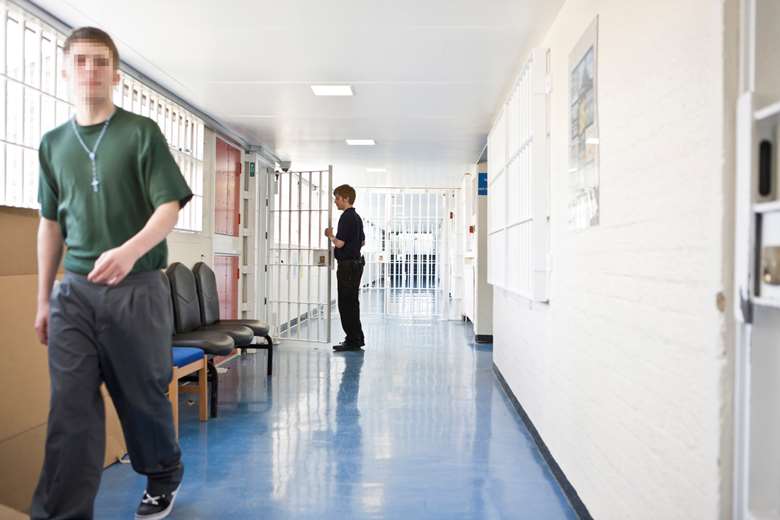How YOIs are supporting young people during Covid-19
Fiona Simpson
Thursday, May 7, 2020
Three young offender institutions in England and Wales have been visited by inspectors to assess practice during the Covid-19 pandemic.

Chief inspector of prisons Peter Clarke has released a report detailing both good practice and concerns at Cookham Wood in Kent, Parc in South Wales and Wetherby in Yorkshire.
Inspectors who carried out short scrutiny visits at all three establishments reported “swift and generally good action by managers to keep children safe”.
-
HMI Prisons launches Covid-19 inspection guidelines for YOIs
-
Young offenders eligible for temporary release to ease spread of Covid-19
However, children were living under restricted regimes and inspectors noted concerns over “inconsistencies and variations in practice across the three settings visited”, the report states.
All three facilities hold children aged 15-17 and 18-year-olds at the end of their sentence or awaiting transfer to an adult prison. At the time of the inspections, on 21 April, Cookham Wood held 148 young people, Wetherby 223 and Parc, which is run by G4S rather than the Youth Custody Service, had 34.
Clarke noted key areas of good practice across all three YOIs:
Mental health
All three establishments had introduced enhanced safeguards to monitor wellbeing and mental health.
Hourly and more in-depth weekly welfare checks were carried out by staff at Wetherby while at Parc children were seen by a manager and a nurse each day. At Cookham Wood staff had begun weekly welfare checks and a safeguarding officer spoke to any children who declined their time out of cell.
Self-harm had reduced at Parc and Wetherby and was stable at Cookham Wood, the report states.
Cookham Wood had also mitigated the difficulties in children being able to see health services in the community by providing 28 days of medication on release.
Education
Parc was delivering two hours of face-to-face education activity every weekday, which included carpentry, cookery and PE while sticking to social distancing rules.
“All activity spaces were large enough for children and staff to remain two metres apart and we saw this being implemented well in activity areas,” said Clarke.
The report adds that when lockdown measures were first introduced Cookham Wood did provide face-to-face education but it was stopped following a national directive affecting all HM Prison and Probation Service (HMPPS) establishments in the adult and children's estate. Children at Cookham Wood and Wetherby received education workbooks to complete in their cells which are then marked by education staff.
Social contact
Each of the establishments had provided additional phone credit to help children keep in touch with family and friends.
The report states that all children spoken to by inspectors had in-cell telephones and in response to the lack of visits all three sites provided additional phone credit: £5 a week at Parc and £20 a week at Cookham Wood and Wetherby.
“While all children we spoke to had enough credit to make calls, we could see no good reason for the disparities in payments of all kinds between establishments. Children also received free additional letters,” Clarke says.
Parc was the first YOI to introduce video calling and offered eight video visits each day, which gave all children a weekly opportunity to see their family and friends.
Staff at Wetherby checked children’s phone usage, and spoke to those who hadn’t made any calls to help mitigate their social isolation.




